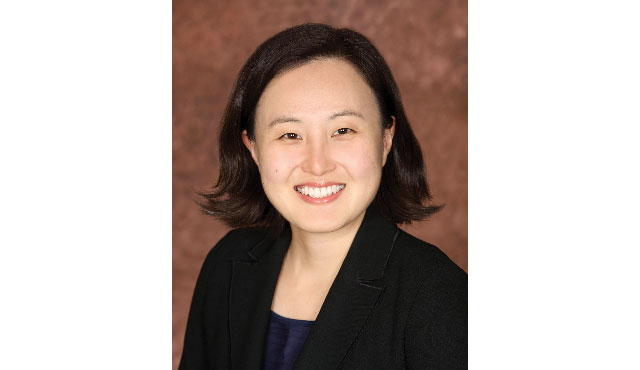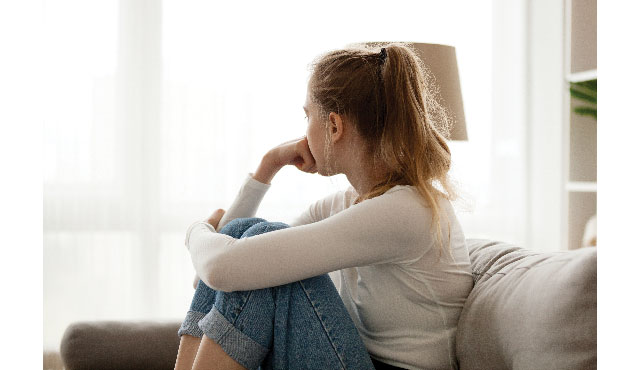Jesus was a harsh critic of powerful men in Jerusalem, including, on occasion, his own disciples, but never once was he harsh to a woman. In ancient texts, not just the Bible, it is difficult to find a more tender treatment of women than in Jesus’ loving mercy – especially women shamed by society for sins of the flesh.
Rather, Jesus’ greatest mercy and arguably some of his greatest moments were when he was moved by the suffering of a woman – the woman at the well, the woman with a hemorrhage, the widow’s mite, and most famously the woman about to be stoned for adultery.
It is in his ministry to women where Jesus is most approachable, kind and forgiving. Rather than righteous condemnation of women caught in serious sin, Jesus embraces their brokenness, and in his mercy comforts and forgives them in a way much greater than they could ever expect from religious leaders or society in general. He does not justify the sin, but forgives and through forgiveness the sinner is released and renewed.
There is a very real spiritual pain that follows a woman long after an abortion. Abortion is a choice typically made out of fear and loss – fear of losing a lover, loss of career opportunities, fear of parental disapproval, or, worst of all, fear that there is no other option. Decisions made in the context of fear are not empowering. Life post-abortion is never the same. While the parents, lovers, friends, and co-workers continue their life as before, the woman at the center is forever changed.
But there is hope. The Diocese of Orange has a growing ministry to embrace post-abortive women, and sometimes men, who find spiritual healing, and forgiveness elusive.
For many years, Project Rachel has been a source of comfort and healing to women post abortion. The Diocese recently changed the name to “Hope and Healing After Abortion,” to make the ministry easier to find and its purpose clear. According to Linda Ji, Diocesan director of Pastoral Care for Families in All Stages, “For many women and men who call us, they carry a lot of guilt that prohibits them from forgiving themselves or from participating more fully in the Church. It affects other relationships, especially their relationship with God. They feel a disconnect with their faith community.”
In some cases the remorse is immediate, for others it can linger just below the surface for decades as a private suffering until the person reaches a point where they need to discuss what happened. “It varies with each individual, even if there was some initial healing, the pain comes up again and again. We help the woman acknowledge the reality of her loss. We help her come to peace and remind her of God’s mercy.”
There is no one thing that prompts a woman to come for help. During the holidays the grief can be more pronounced as well as anniversaries of the abortion or the child’s due date. In January, the new year inspires many to reconcile with the Church or their history.
According to Ji, “We have about 14 volunteers who are trained to walk with the woman on her spiritual journey. We also maintain strict confidentiality. Everything is on a first name basis only.”
When a person calls the ministry, the staff take down the basic information and a trained volunteer gets back to them within one day to set up a meeting wherever the woman feels most comfortable. The companion ministers listen to the woman’s story and help her move to healing. Often this includes the sacrament of reconciliation. In this case, a private appointment is arranged with a priest so that the woman can relax and take her time without having to worry about standing in a long line at Saturday parish confessions.
For many this spiritual healing is a first step on their way back to the Church. For a few, the ministry may also refer them to a psychologist.
Currently there are 14 companion ministers, four speak Spanish but there is a need for ministers who are bilingual in Vietnamese or other languages. The volunteers go through an extensive training and discernment program. “Many of the volunteers have had abortions themselves, others are committed to a culture of life, but are not interested in standing in front of abortion clinics, said Ji. The newly reorganized ministry of Hope & Healing After Abortion has been in place for nearly two years, but the Diocese has had an outreach to women post-abortion for more than 10 years.”
The woman at the well had five husbands and was living with a sixth man who was not her husband. She came to the well in the heat of the midday sun because she was shunned by the “good” women who got their water earlier. She carried many heavy burdens, water being the least of them. Yet Jesus had one of his most profound encounters with this woman and told her in the plainest terms recorded in the gospels that he was the Messiah. The woman dropped her water jug and ran, without shame, to the townspeople to tell them about her encounter. Remarkably they believed her and came to meet Jesus.
Like the woman at the well, regardless of what we have done in the past, He is waiting for sinners to give us hope. Through Him we are able to drop our burdens and go lightly into the future, renewed, refreshed and reconciled through his mercy.
If you or someone you know would like to contact the ministry of Hope & Healing after an abortion please contact 1-800-772-4356 or email [email protected]


